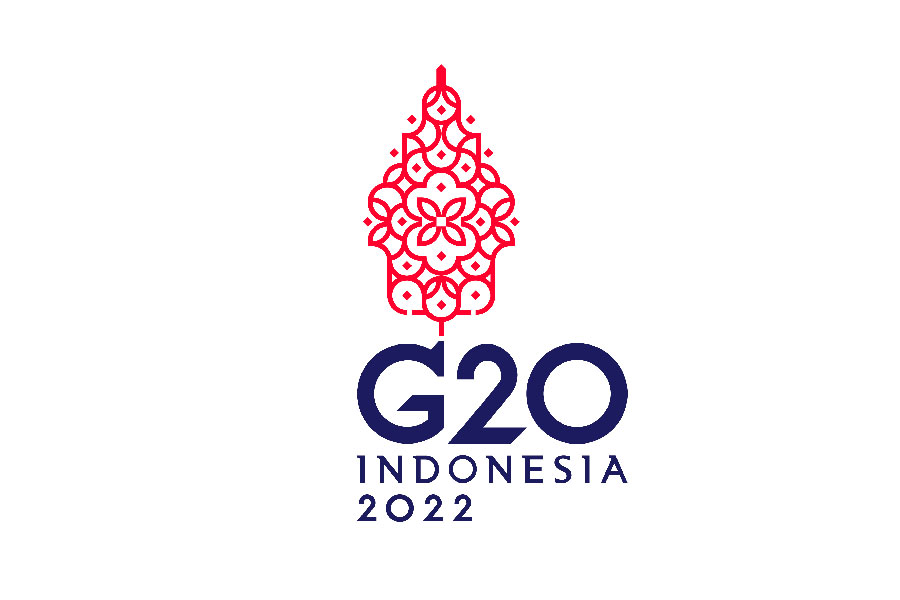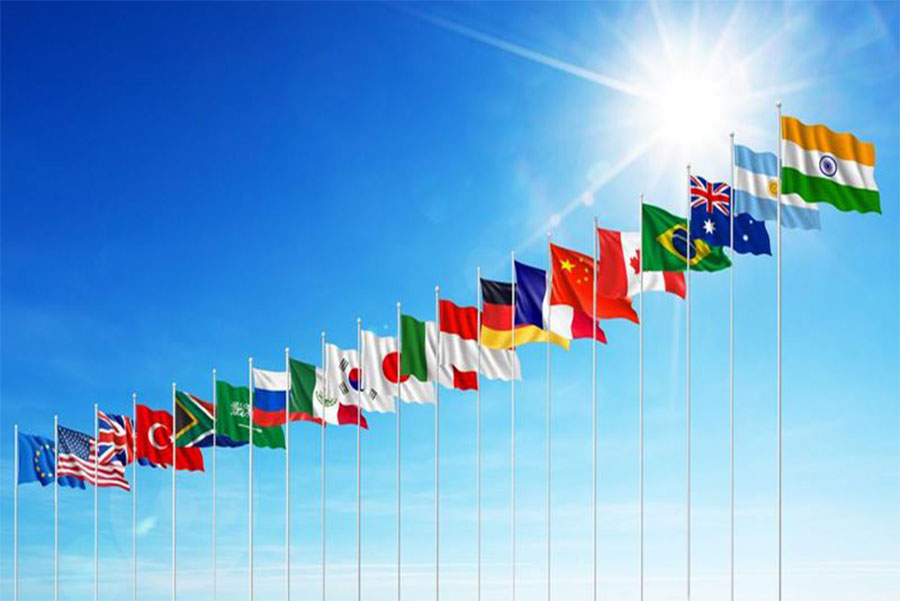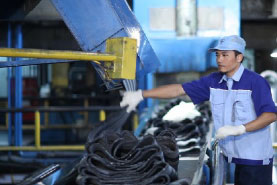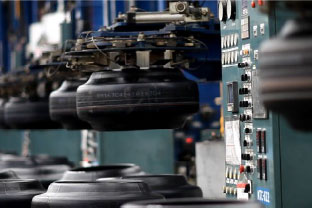Gitiwas proudly featured at G20 as one of the premier companies who are proactively implementing better carbon accounting practices and taking steps to green up their business processes to reduce their carbon footprint. Giti regularly contributes to conservation efforts through its contribution to Conservation International, among other organizations.
Group of 20 (G20) is the premier forum for international economic cooperation (G20 Secretariat, 2022). G20 is made up of 19 countries (Argentina, Australia, Brazil, Canada, China, France, Germany, India, Indonesia, Italy, Japan, Republic of Korea, Mexico, Russia, Saudi Arabia, South Africa, Turkey, United Kingdom and United States) and the European Union, and plays a vital role in the governance of all international economic issues as well as building the global economic architecture.
In 2022, Indonesia held the presidency of G20, where it played host to the Summit in Bali, Indonesia and spearheaded the conversations and working groups on various topics like policies, action plans and collaborations toward promoting inclusive growth.
What is E-Liability?
Developed by two professors from Harvard and Oxford, Robert Kaplan and Karthik Ramanna, respectively, E- (or environmental-) liability is an accounting algorithm that allows organizations to produce real-time, accurate, and auditable data on their total direct and supplier emissions (referred to as “cradle-to-gate”), and those for any of its products and services – say, a smartphone, a ton of cement, or a search on its website.
Giti’s Experience with Piloting E-liability
Giti Tire, among other leading cement, energy, healthcare and steel companies, were the first to pilot the E-liability approach. Mr François Petiot, Director of Quality Assurance at Giti Tire, along with his core team were able to cross the supply chain verticals to obtain valuable insights on their greenhouse gas (GHG) emission levels and other key areas of pollution and waste contribution.
Working closely together with the authors of the E-liability concept, the Giti Team was able to breakdown the complex tire manufacturing process to identify major emission sources along the production line. The team focussed into two of the most energy-intensive processes: tire compounding and tire curing.
The analysis of led to Petiot and his team identifying that the sources of electricity and carbon black were very high in CO2 emissions, which led to the tires having a poor carbon score and incentivised his team to explore innovation in carbon reduction. Suppliers were also interested in partnering in reducing their carbon footprint, recommending other products and technology to reduce carbon output.
Through this four-month pilot, Petiot had a cleared understanding of the per-tire emission and how the costs could be reduced, revealing new opportunities for collaborations across the manufacturing vertical to produce cleaner products.




